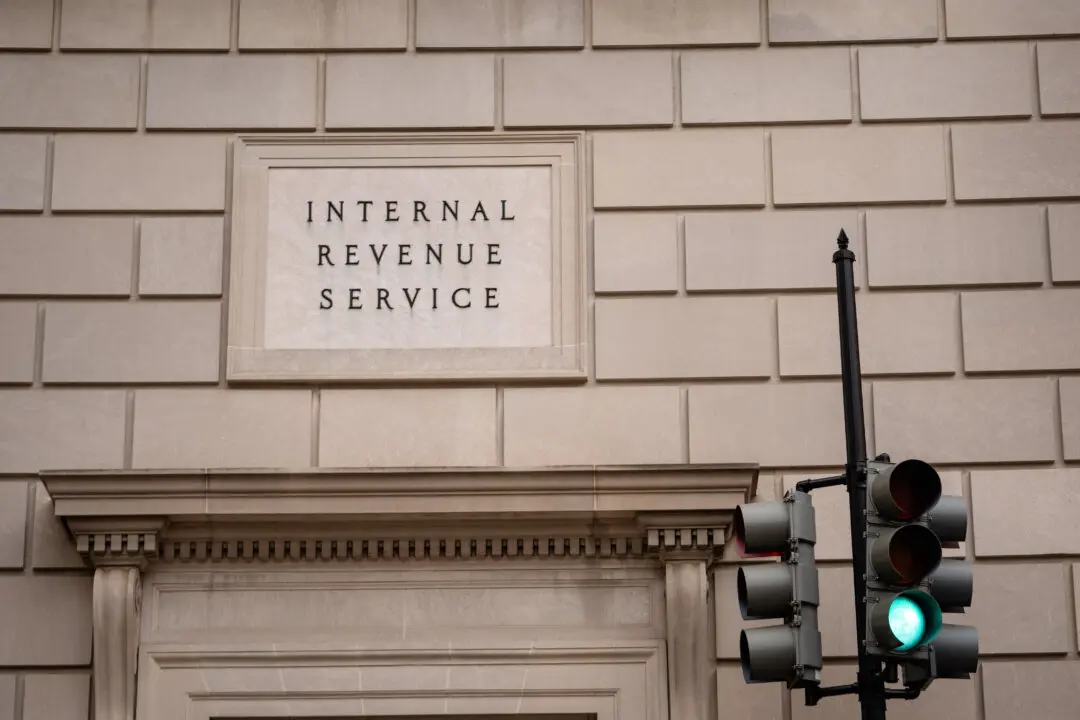Undergraduate enrollment has gone down in U.S. universities, according to recent numbers released to an educational research center, with public two-year schools and private for-profit four-year schools seeing the biggest declines.
Going into the second fall semester since the pandemic, there has been a decrease of 2.6 percent in postsecondary enrollment, a 3.5 percent reduction in undergraduate enrollment, and a 2.1 percent increase in graduate enrollment, based on the data from the National Student Clearinghouse Research Center. There has been a decline of 7.8 percent in undergraduate enrollment since 2019.





